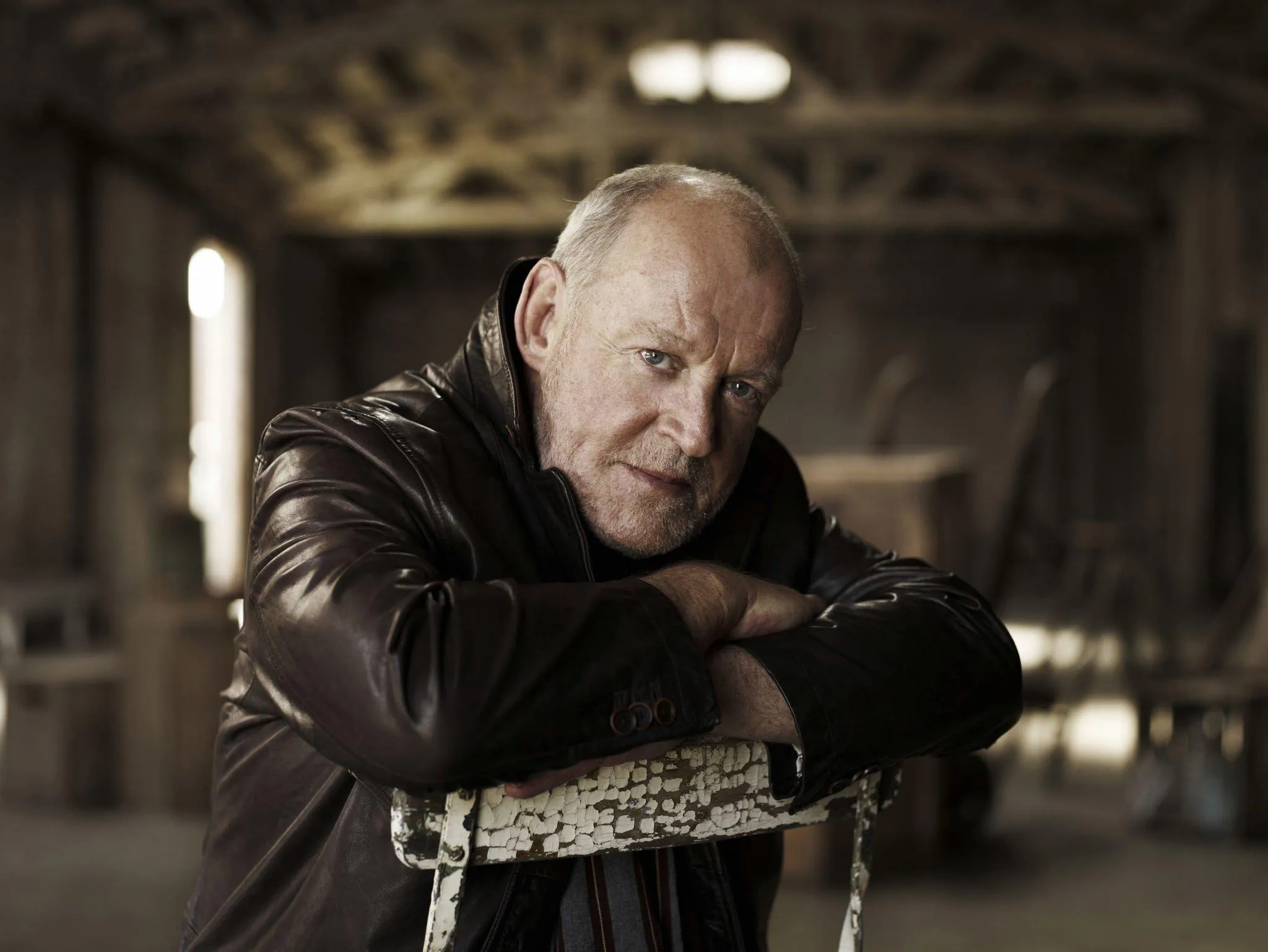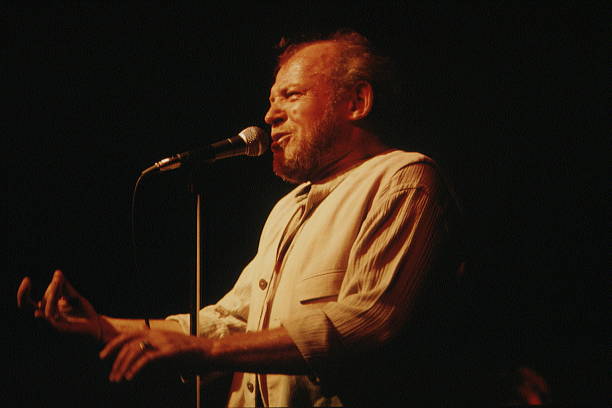In the early 1970s, Joe Cocker was still riding high on the success of his bluesy cover of the Beatles’ With a Little Help from My Friends, and his various appearances at festivals in America – notably, Woodstock and the Newport rock festival. Musicians and fans alike loved his earthy, gravelly voice and startling stage presence (all those spasmodic body movements).
Drummer Jim Keltner described their touring as “a big, wild party”. But the Joe Cocker/Patto tour would take an ill-fated turn when it eventually landed in Australia in October 1972. The band was reported as bringing 15 tonnes of equipment, with the performance running for three-and-a-half hours. Write-ups of the opening three nights in Sydney were ecstatic. One press headline read: “COCKER FEVER HITS SYDNEY – BEST ROCK SHOW EVER TO HIT AUSTRALIA!”

As Molly Meldrum reported in Go-Set: “Everybody, but EVERYBODY who saw the Sydney concerts can’t stop raving – but I really think that Joe himself has summed up the tour. He said, after his first Sydney concert, that it was the best gig he’d done in years.”
Then came Adelaide.
On 14 October, 1972, Adelaide police arrested Cocker and five members of his touring entourage for marijuana possession – they claimed to have found “Indian hemp” in his motel room. The musicians pleaded guilty. After a few hours in jail, the six accused were fined $300 each and released on bail. One tale has it that when asked by police if he had any marijuana, Cocker politely replied: “There’s some around here somewhere.”

The establishment was not best pleased.
Mindful of previous “scandals” involving touring bands in Australia (notably the Rolling Stones, the Who and the Small Faces), one paper wrote: “Joe Cocker … represents another in the succession of overseas entertainers who have come here and demonstrated contempt for our laws. Who needs him or his examples?”
Another news commentator reportedly said: “I’d make sure their passports are marked, never to return. We don’t want this type here, they are as welcome as a load of Argentine fruit fly.”
In reality, it was a storm in a teacup – similar to the furore that had surrounded the Rolling Stones in Britain a few years earlier, when a famous 1967 editorial in the Times accused the judiciary system of “breaking a butterfly on a wheel” in its sentencing of Jagger to three months in jail for the possession of four tablets of amphetamine sulphate.
Cocker believed the Australian federal government needed to distract a populace disillusioned with its awful electoral performance, and these “uncouth, dirty-haired, sloppily dressed, show business freaks” served as a handy scapegoat.
Cocker continued his tour in Melbourne, via Adelaide, to be greeted by newspaper headlines yelling “GET OUT COCKER!” Five days later he told his audience: “In five years marijuana will be legalised in Australia, and the same cat who is trying to throw us out now will be smoking it himself.” In return, his fans refused to let him go until he’d performed a triumphant Cry Me A River.

The very same evening, however, the singer was arrested after an alleged brawl with his girlfriend in the foyer of Melbourne’s Chateau Commodore hotel. He was held overnight on charges of assault and resisting arrest. This time, immigration minister Jim Forbes told him he had four hours to leave the country. Concerts were cancelled.
It caused a massive public outcry, but the view of then prime minister William McMahon was that the offended were all Labor voters anyway. Forbes’ own daughter Emma – then aged 17 – saw it somewhat differently. “Like any self-obsessed teenager, it’s probably the only thing I remember about my father’s political career,” she recalls, four decades on, to Guardian Australia. “I was so mortified that my dad had done this.”
The tour’s promoter Harry M Miller wrote in his 1983 biography My Story: “We had to cancel concerts in Brisbane and Perth. Prodded by a deportation order, Joe flew home. His legal transgressions could not be excused, but he had the misfortune to be in Australia when the conservative knee-jerk was lethal and the federal government of the time was reacting to an electorate disillusioned with its political performance.”

Joe Cocker performing at Sydney’s Enmore Theatre in 2002.
Despite all the furore, Cocker returned 11 more times to tour Australia – a country that clearly loves his down-to-earth bluesy demeanour – and even got rehabilitated into the establishment, when his version of Unchain My Heart was used in the Howard government’s 2000 campaign for the goods and services tax.
For this, Cocker got paid $169,000. Sounds a lot? Perhaps not, when taking stock of the US tours that were cancelled as a result of the Australian drugs debacle – and the fact the 1970s were mostly a write-off for Cocker, ravaged by alcohol and drugs and the burnout of success.
“The Australians actually owned up that they set us up,” Cocker told the Guardian’s Michael Hann in a 2013 interview.
-1683363666x1024.jpg)


